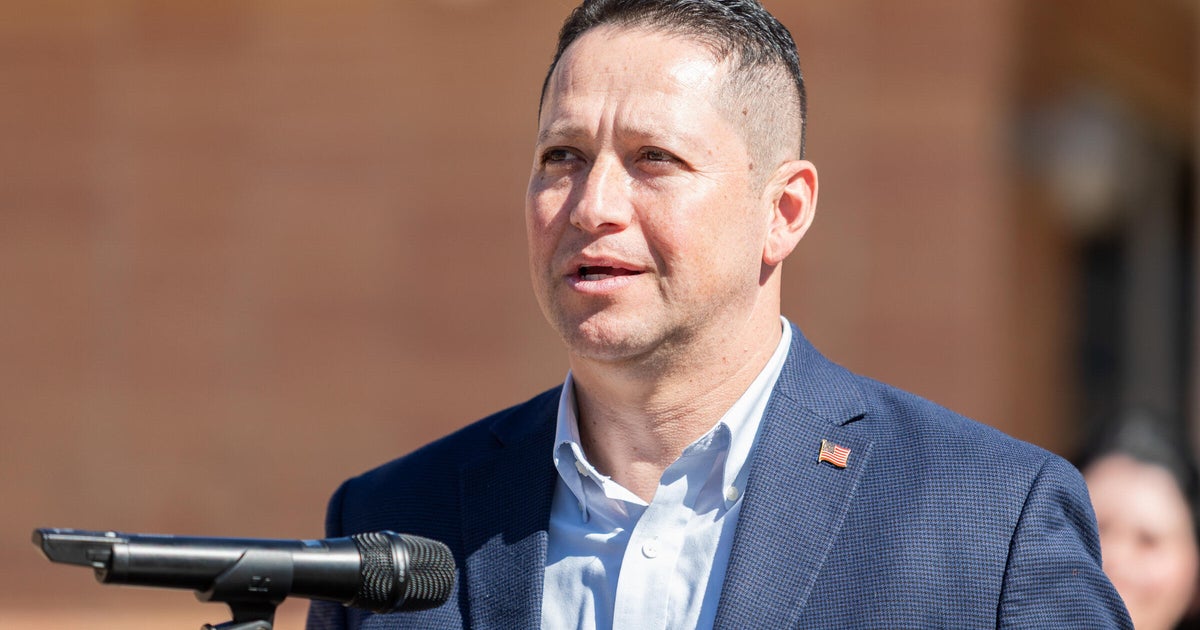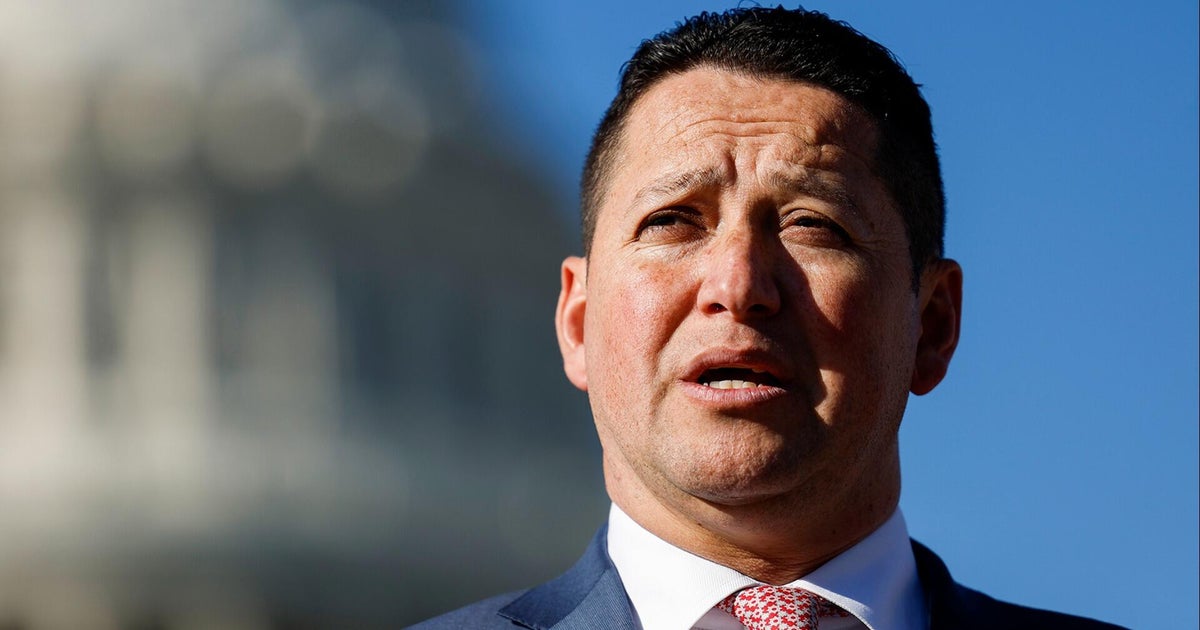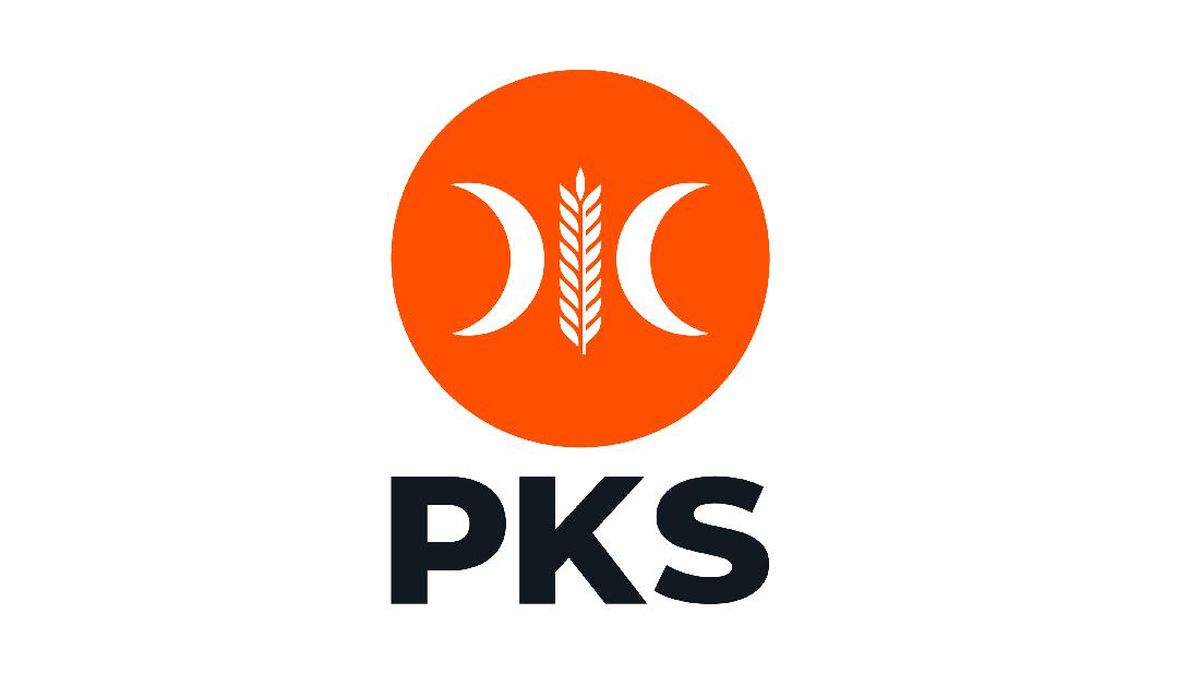The introduction of Australian-first underquoting laws faces a fight from some within the real estate sector, as supporters of the change argue only dodgy agents have anything to fear.
In a landmark reform to be introduced in parliament next year to combat rampant underquoting in Victoria, the state government will require sellers to disclose the minimum price they would accept a week before the scheduled sale.
Several major real estate chains signalled they were cautious or opposed the move, predicting varied unintended consequences.
They said there could be cases of “overquoting”, where home owners would name a higher reserve price than they would be actually willing to sell for and then negotiate if the property passed in.
Consumer groups and industry agitators welcomed the proposed reform, saying better informed buyers could, in fact, lead to more successful auctions. They argued the only people who would be disadvantaged by the new laws were those agents currently “playing games” by providing misleading price guides.
This masthead’s Bidding Blind investigation found that buyers were being routinely misled by inaccurate price guides, with an analysis of 26,000 Melbourne auctions finding more than half sold above the top of the advertised range. It’s not uncommon for properties to pass in well above the advertised guide.

Consumer Affairs Minister Nick Staikos.Credit: Eddie Jim
The new laws will require agents to publish the owner’s reserve price at least seven days before auction day or fixed-date sale. If agents fail to publish a reserve price, the property won’t be legally able to be offered for sale.
“It’s just about fairness,” said Victoria’s Consumer Affairs Minister, Nick Staikos. “It means that vendors have a few weeks to properly assess the level of interest in their property, and seven days is a good amount of time for prospective buyers to make a final decision on whether they continue to pursue this property, or whether they decide to invest in a building inspection.”
New state Opposition Leader Jess Wilson indicated openness to the change, but doubted it would combat bigger problems around affordability.
“In principle, I don’t have any issue with more market transparency, but telling an aspirational home owner what the reserve price is seven days in advance does nothing to make the home more affordable, it just demonstrates how expensive and probably out of reach that home is.”

New Victorian Liberal leader Jess Wilson.Credit: Jason South
Noting the change closely mirrors a bill the Greens introduced in parliament in August in the wake of the Bidding Blind investigation, the party’s housing spokesperson, Gabrielle de Vietri, said they had heard countless stories of people trudging around to auctions, purchasing building inspections, and then being outbid by hundreds of thousands of dollars.
The Greens accused the government of acting only because of “sustained public pressure and a damning media investigation”.
On Thursday, leading real estate agency heads echoed the stance of the Real Estate Institute of Victoria, which after backing mandatory pre-auction disclosure of reserve prices by sellers just a few months ago, this week labelled the change a “disproportionate response that risks disadvantaging vendors in its current form”.
Loading
“I believe this to be a major overreaction and overreach,” said Jellis Craig chief executive Andrew McCann. “I don’t believe it will solve any part of the problem.”
McCann warned that most vendors would inflate their reserve price as a result because seven days was too far from the auction to have certainty about the level of interest. He said he would prefer a rule requiring the reserve to be within the advertised price range.
Marshall White group sales director John Bongiorno held similar concerns about the prospect of inflated reserves, but said he thought what the government was trying to do had merit.
Barry Plant chief executive Lisa Pennell called for more detail.
“Are they [the vendors] able to change their mind? At which point? Are we going to put owners in a situation where they are forced to sell?” she said.
Ray White Victorian chief executive Domenic Belfiore called the proposal “policy on the run” and called for more consultation with industry.
“What flexibility will sellers have?” he asked, especially in situations such as family breakdown or deceased estates.
Consumer Policy Research Centre chief executive Erin Turner said that while The Age investigation had exposed that underquoting was widespread, many “great” agents who were already doing the right thing would not be affected.
“There’s other agents that are going to have to change how they work with buyers. They’re going to have to be more transparent, clear, and they can’t play games when it comes to pricing,” she said.
“Buying a house is one of the most complex transactions anyone will go through. The bare minimum we can give people is price transparency … It’s important. It’s going to help people. I think it’s a great idea.”
Morrell and Koren buyer’s advocate David Morrell said the change was “a win for buyers” but warned some real estate agents would adapt to the new rules, such as choosing an expression of interest process that could keep buyers in the dark.
John Keating, the owner of Keatings Real Estate and a long-time proponent of published reserves, said the change was a “massive breakthrough for transparency and the integrity of the auction system”.
Loading
Keating disputed the claims that properties would be overquoted, saying sellers would not want to waste money on advertising.
He predicted the share of properties sold by auction in Melbourne could increase after the change, as some buyers were currently avoiding attending auctions “because of all the duping that goes on”.
“What purchasers want most of all is accurate pricing and transparency,” he said.
“A properly prepared, ethically conducted auction is the best way for purchasers to buy, and if more purchasers are attracted to the auction, it’s going to be a win for the vendors. I think it’s a win-win for everybody.”
The Morning Edition newsletter is our guide to the day’s most important and interesting stories, analysis and insights. Sign up here.
Most Viewed in National
Loading


















































